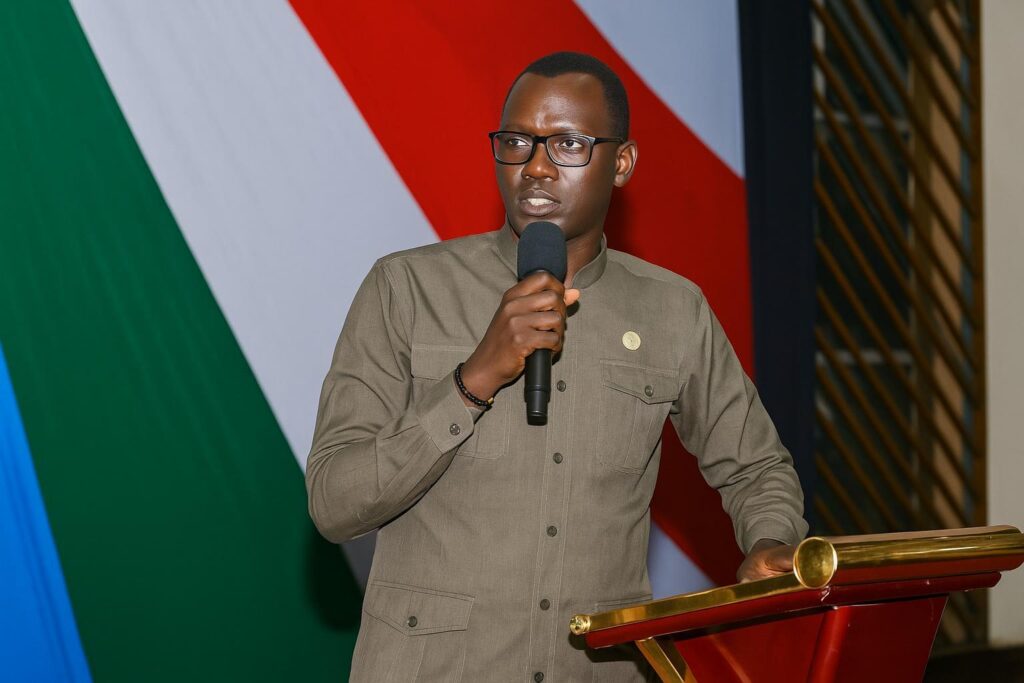Context of the Expansion
On 30 August, Jonglei State’s governor signed orders adding seven payams to Uror County, lifting the county’s total to nineteen. The decree followed similar expansions in Akobo and Nyirol, all aimed at pushing government services deeper into rural villages.
South Sudan’s 2011 Transitional Constitution endorses administrative devolution, but each new unit requires salaries, offices and security, sparking recurring debates between budget managers in Juba and community leaders in the states.
Local Demand for Decentralisation
Uror MP Wany Bum Makhor says elders, youth and women had “knocked endlessly” on assembly doors for extra payams, claiming long journeys to clinics and courts endangered lives. He argues the August order simply formalised boundaries proposed from village meetings.
Traditional leaders in Pieri and Motot echo him, noting that decentralised tax collection could fund boreholes and school repairs faster than requests escalated through county headquarters.
Activists Flag Resource Strain
Civil society advocate Bol Deng Bol counters that each payam needs administrators, police posts and health workers, none of which have guaranteed budgets while oil revenues dip. “Creating offices without salaries risks empty buildings,” he told reporters in Bor.
Bol adds that boundary questions in Bor South still smoulder, and fears similar conflicts could surface if new borders slice through grazing land during the next dry season migration.
Parliamentary Rebuttal and Community Backing
Makhor dismisses the critique as “hasty generalisation,” insisting the assembly consulted widely. He points to Commissioner James Gatkhor Gatluak, who has already assigned chiefs, revenue clerks and gender officers across the nineteen payams.
Radio interviews from Waat suggest many residents welcome faster issuance of national identity cards, previously available only after day-long trips to Yuai. A mother of four described the change as “government finally remembering our path.”
Fiscal Reality and Service Delivery
Ministry of Finance officials in Juba acknowledge funding gaps but claim payroll reforms will open space once ghost names are purged. They emphasise development partners may plug shortfalls if communities show coherent governance plans.
The United Nations Mission in South Sudan notes that smaller administrative zones can aid early warning for cattle-raiding raids, yet warns that underfunded local police forces may be overwhelmed without parallel security investments.
Pathways for Consensus
Analysts suggest a joint committee of lawmakers, activists and chiefs could map boundaries, cost services and stage citizen hearings before the next budget cycle. Similar forums brokered peace during the 2022 Fangak-Ayod border dispute.
For now, Makhor urges dialogue over denunciation, while Bol insists transparency must match ambition. Their exchange captures a broader national question: how to balance grassroots governance with finite public coffers in a young and evolving republic.


